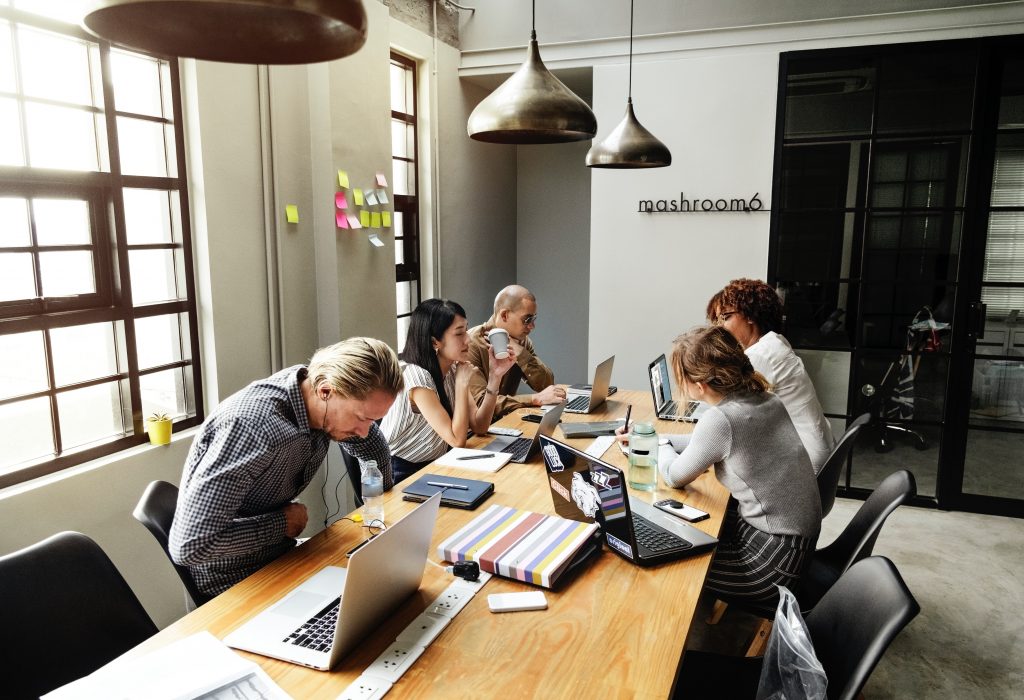Labour, should they be elected, have announced plans to offer workers what they all truly believe they desire: the right to be fully flexible with their working hours. Let us rejoice: such legislation would ensure indulgent morning snoozes, bigger midweek nights out, and conferences in our pants.
This comes as no surprise. A recent Zenefits survey revealed 73 per cent of employees found job flexibility increased their satisfaction with work. Another by Deloitte showed inflexibility to be the most likely reason a Millennial would leave their job.
The perks to flexible working are clear; they stretch far and wide. We all crave more time with loved ones, for more trust to be ensued in us by those above us, and for less commuting time and more time for recreation, and to manage our daily chores.

Flexible working is en vogue right now. Image credit: Pexels
WFH: The Reality
Working from home is often an aspirational desire derailed by the actual reality of what it can entail
But if you feel conflicted about the idea of conferences in your pants, don’t fret – because you’re not alone. What’s not immediately obvious when debating flexible working is the incredible importance of offices, and the reality that working from home is often an aspirational desire derailed by the actual reality of what it can entail.
Just ask any flexible worker to unpack the realities of managing your own time and how that can play out on happiness, productivity and stress levels.
Statistics reveal Millennials to be the loneliest generation in recent memory, and for many of us, social time at work is imperative to our happiness. Those already lonely are twice as likely to experience anxiety and depression, according to a recent study from the University of Cambridge.
The surge of the anti-office brigade could be proven to be as dangerous as those forcing us to sit down for nine hours
Statistics illustrate that it is a balance we are truly seeking, rather than an entire overhaul, and that the surge of the anti-office brigade could, in time, be proven by similar polls to be as dangerous as those forcing us to sit down for nine hours.

There are underplayed benefits to working in an office. Image credit: Pexels
The Freedom Of Choice
I’m pretty sure we’d all miss coming into the office if office culture was completely wiped
What truly makes us happy is the freedom to make choices. Apart from for essential meetings and face-to-face time, shouldn’t we all be given the freedom to come and go from the office as we please? After all, if work progress falters, surely we’ll be held accountable? I’m pretty sure we’d all miss coming into the office if office culture was to be completely wiped.
After all, offices provide essential time for healthy interaction with those outside of our immediate, unavoidable circles. They provide structure, and they can streamline our jobs, making emails, calls and decision-making simpler.
The challenge is aligning our health and happiness with work. Exercising our right to health, right to a good work life, and the right to privacy – that is, not always needing to be in the office or needing to explain ourselves when we’re feeling rubbish – to scavenge for a work style that works entirely for you.







